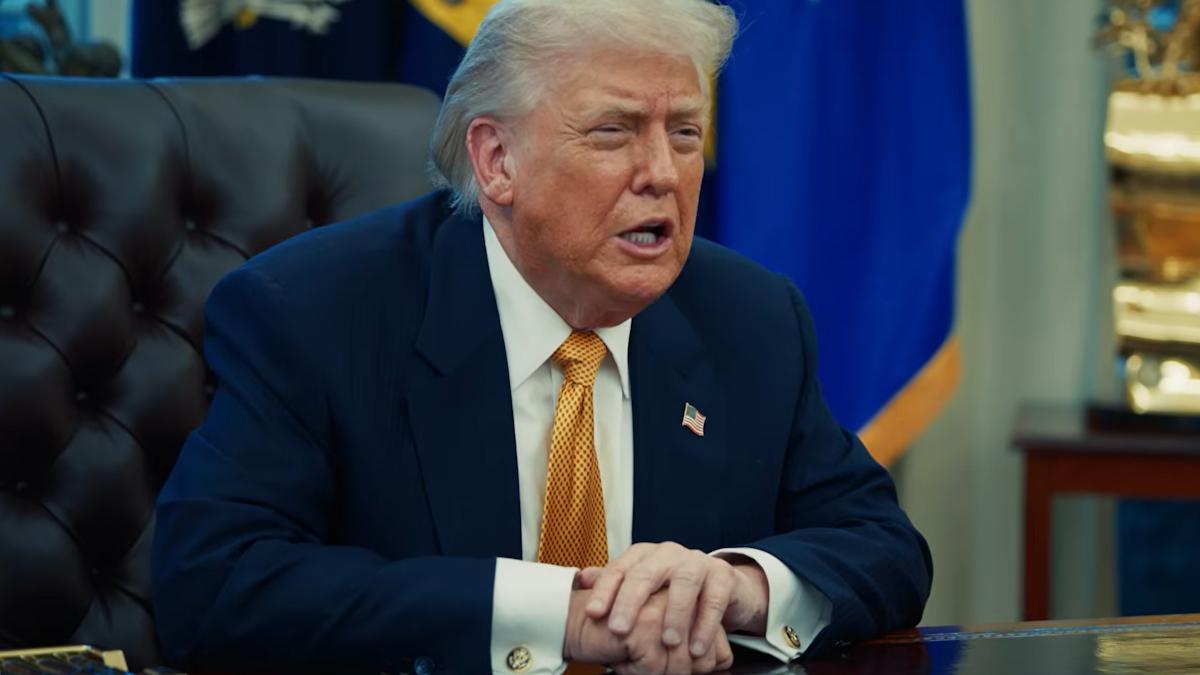FTC report finds PBM power has “dire consequences”

A long-awaited report from the US Federal Trade Commission (FTC) on pharmacy benefit managers (PBMs) is out – and will make uncomfortable reading for the pharma supply chain middlemen.
Its central message is clear. The six largest PBMs in the US manage nearly 95% of all prescriptions filled in the US, a “concentrated market structure” that has allowed them to “profit at the expense of patients and independent pharmacists,” according to the financial regulator.
In a statement, FTC Chair Lina Khan said: “The FTC’s interim report lays out how dominant pharmacy benefit managers can hike the cost of drugs – including overcharging patients for cancer drugs.”
The market structure means that the PBMs have enormous power over the price of drugs, and patients’ access to them, with “dire consequences,” according to the report (PDF), which links the middlemen with the current situation in the US, where almost a third of patients report rationing medicines and skipping doses due to high costs.
Aside from their impact on patients’ access to medicines, the FTC also concludes that PBMs have a deleterious influence over some independent pharmacies, which can struggle to navigate contractual terms that are “confusing, unfair, arbitrary, and harmful to their businesses.”
It notes that, between 2013 and 2022, about 10% of independent retail pharmacies in rural America closed, contributing to unequal access to healthcare across the country. Meanwhile, pharmacies affiliated with the three largest PBMs now account for nearly 70% of all specialty drug revenue, according to the report.
“Vertically integrated PBMs appear to have the ability and incentive to prefer their own affiliated businesses, creating conflicts of interest that can disadvantage unaffiliated pharmacies and increase prescription drug cost,” it reads.
Evidence also suggests that some of the prescription drug rebates negotiated by PBMs are predicated on limiting access to potentially lower-cost generic and biosimilar competitors, according to the report.
Some PBMs not cooperating with the investigation
The FTC started its probe into the sector in 2022, asking the top six players in the market – CVS Caremark, Express Scripts, OptumRx, Humana, Prime Therapeutics, and MedImpact Healthcare – to hand over detailed records about their business practices over the last five years.
Two years later, and the FTC is still waiting for required submissions from several PBMs, hindering its ability to complete the investigation, and it has now threatened legal action to compel the holdouts to comply. It held a vote to see whether the interim report should be released, with four of the five commissioners in favour of doing so.
The report will play into the ongoing debate about the factors behind high medicine prices in the US, with pharma manufacturers and the PBMs pointing fingers at each other.
Drugmakers blame PBMs for pocketing the discounts they negotiate, instead of passing them onto patients, while PBMs insist that high list prices, pay-for-delay deals to keep generics off the market, and evergreening tactics to extend the patent life of medicines lie at the heart of the problem.
Responding to the FTC report, the Pharmaceutical Care Management Association (PCMA), which represents PBMs, said it disagreed both with the content of and the decision to release it.
“This report is based on anecdotes and comments from anonymous sources and self-interested parties, and supported only by two cherry-picked case studies that are implied to be representative of the entire market,” claimed PCMA president and chief executive JC Scott.
“The report completely overlooks the volumes of data that demonstrate the value that PBMs provide to America’s healthcare system by reducing prescription drug costs and increasing access to medications.”
One lawmaker who has been deeply critical of the PBM sector, Rep Earl L. “Buddy” Carter (R-GA), who is a pharmacist by trade, welcomed the report and its findings.
“Since day one in Congress, I’ve been calling on the FTC to investigate PBMs, which use deceptive and anti-competitive practices to line their own pockets while reducing patients’ access to affordable, quality healthcare,” he said.
“I’m proud that the FTC launched a bipartisan investigation into these shadowy middlemen, and its preliminary findings prove yet again that it’s time to bust up the PBM monopoly.”













